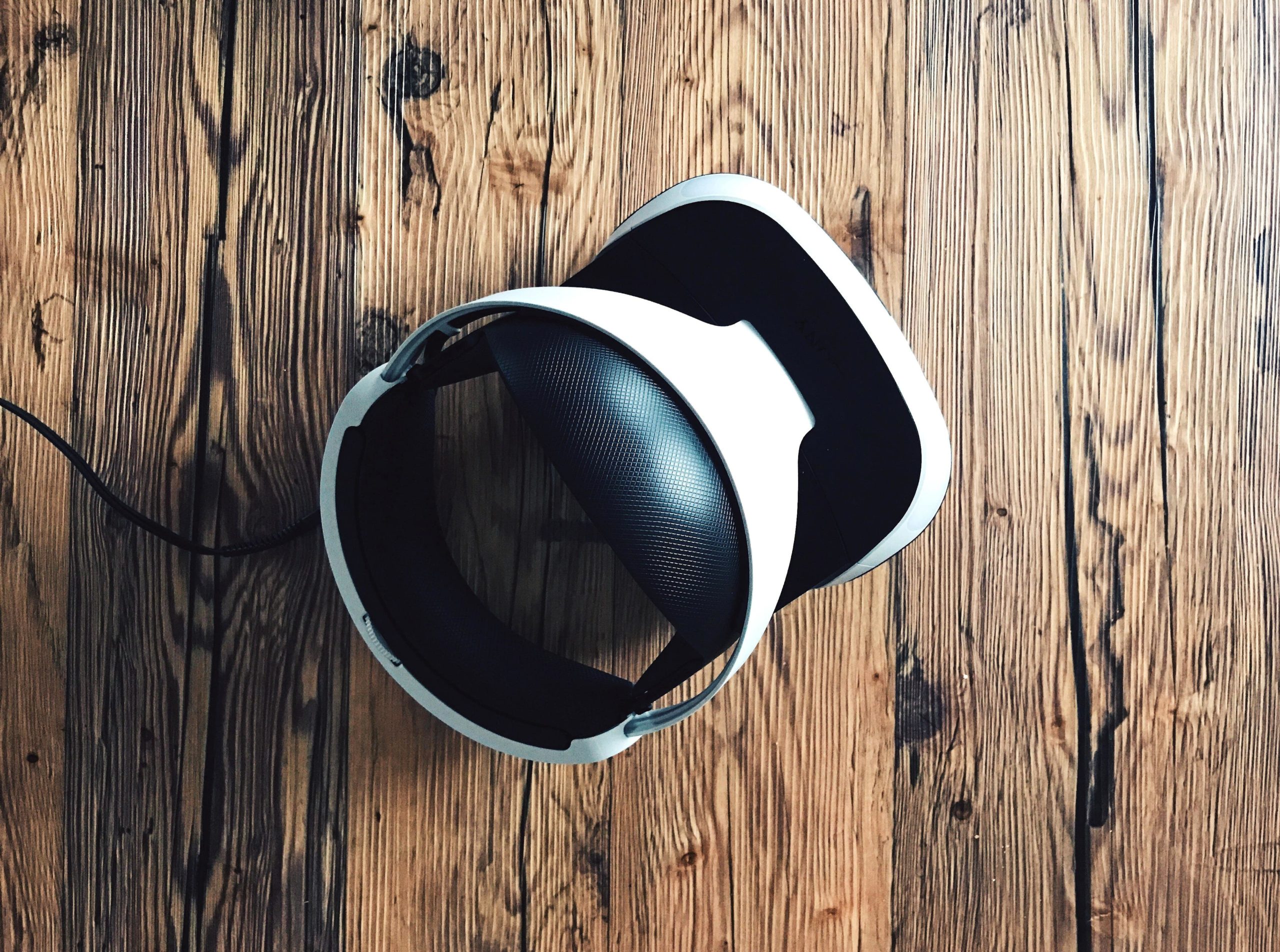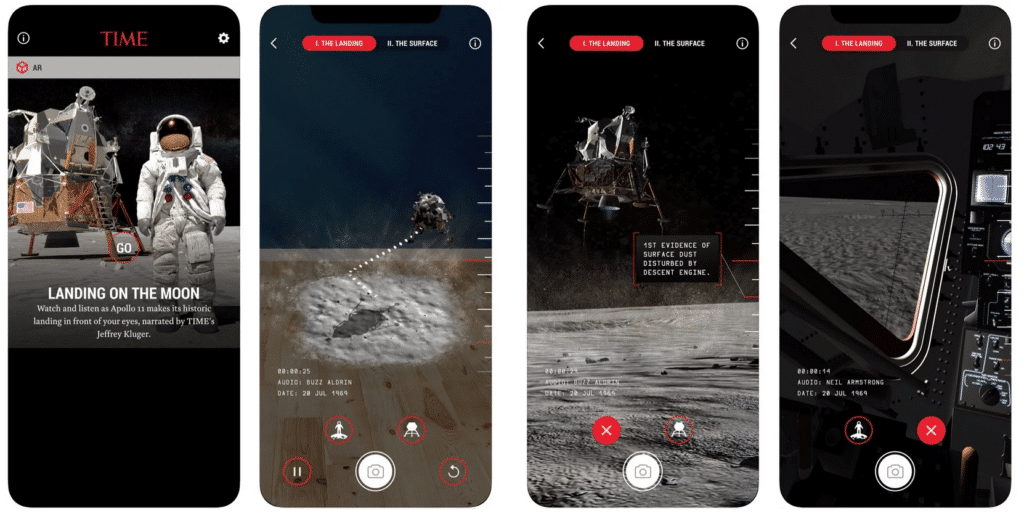
Digital Immersive Marketing – more content with the help of technology
PR & Marketing
Posted 23 Jul 2019
With marketing, we want to convince people – whether in the short term by positioning jam at eye level in the supermarket or in the long term by creating a chain of associations between brand and quality. The stronger the integration and the more frequent the networking between brand and positive characteristics, the more effective marketing measures are. This integration is particularly intensive in immersive marketing, in which advertising is perceived in a highly vivid and comprehensive way.
During the development of this young marketing strategy, two general terms have been established: Experiential marketing and digital marketing. For the time being, we focus on the digital sector and refer to exceptional campaigns that remain in our memories. For the experience of digital immersive marketing, you need virtual reality (VR) glasses e.g. to make the marketing measures truly tangible.

The name virtual reality contains the extension of our reality by digital contents over VR glasses. Augmented reality (AR) is already used in retail and manufacturing and is a tool for visualizing additional elements. On the one hand, smartphones provide further information about products while shopping and thus, they support decision making. On the other hand, 3D animations of repair work and digital supply chains accelerate the value chain in companies. In addition, Digital Immersive Marketing supports storytelling and brings moving images together with interesting stories.

Virtual reality (VR) goes one step further and creates a completely new reality. Together with a PC, VR delivers completely virtual content to the user. Exactly these contents are usable by digital immersive marketing and offer the opportunity for advertising placements. A Google development studio came up with a first prototype of a VR ad.
In contrast to the application areas of digital immersive marketing and augmented reality, VR is mainly used by the entertainment industry. This is also reflected by the few application areas. Studies on the ownership of VR glasses show single-digit percentages among the respondents. The reason for this is often that the technology is at an early stage and not yet fully developed.
A large number of technology companies are currently working on this maturity. In the hardware sector, HTC, Sony and Google already have their own virtual reality-enabled devices on the market. But even more companies are working on VR software and the implementation of digital immersive marketing. This trend can be compared historically with the development of the PC. In the beginning, computers were unaffordable for consumers and equipped with meagre features. With progressive development, however, the few manufacturers on the market faced competition. As a result, prices fell and software applications were increasingly targeted at a broad audience.
Apart from the fascination for the novelty of the marketing instrument, digital immersive marketing offers numerous advantages. Detached from the inadequacies of the technical components, the idea of immersive marketing is more developed. Users “dive” into a virtual reality and thus, a multisensory response can be achieved through advertising. Advertising posters have no haptic or acoustic components – however, an advertising element within the VR is capable of this. The product experience is enhanced and the chain of association between consumer and product is deepened.
AR extends the boundaries of advertising. The interest in the way food is made, for example, is growing and AR is a clever way to inform about it. How is yoghurt produced by company X? Short advertising clips can be played on the mobile phone via QR code – this is not possible on the yoghurt cup itself. Enterprises, which make digitally additional information available to their products, gain an enormous competitive advantage.
In the future, a widespread 5G network will make it possible to reproduce VR and AR technology with minimal latency. Especially in the entertainment industry, this is still the hurdle for a sophisticated gaming experience. The industry will benefit from digital immersive marketing and 5G in any way. One requirement is the further development of hardware. Until now, glasses have been too expensive for VR and AR experiences, and the range of software is sparse compared to conventional platforms. However, companies like AUDI already showed at CES 2019 what they have in mind for
Alexander Hencel
Marketing Assistant at HBI Helga Bailey GmbH – International PR & MarCom

Alexander Hencel has been part of HBI’s marketing team since 2018. He is responsible for content management such as the creation of specialist articles, managing social media channels and supporting online marketing campaigns for customers and HBI.